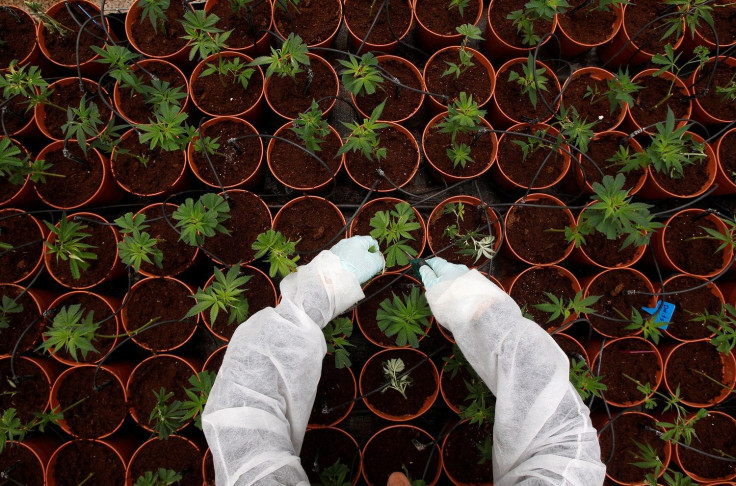Medicinal cannabis legalisation sees more companies stepping up

Legalisation of medicinal cannabis, also called the "pot stock" boom, has seen several companies cash in on the opportunity. The most recent example in this regard is The Hydroponics Company (THC), which will reportedly begin trading on the ASX in April this year.
The company, looking to expand its operations as a manufacturer and distributor of medicinal cannabis, is targeting to raise $5 million to $8 million at 20 cents a share. With this, THC now joins the league of companies including AusCann, Zelda Therapeutics, MGC Pharma, Creso Pharma and International Cannabis Corp. These companies have recently started trading on the ASX.
Australia legalised the cultivation, harvesting and manufacturing of medicinal cannabis products in October last year. Medically, the product is used to treat symptoms like severe pain, nausea and vomiting. It is also consumed to treat muscle spasticity and has been known to lift moods. In some cases, people suffering from cancer, epilepsy, HIV and MS use medicinal cannabis to ease their pain.
Last year, a report issued by the University of Sydney – titled “Medicinal Cannabis in Australia: Science, Regulation and Industry” – found that legalisation of medicinal cannabis in Australia could result in an initial demand of as much as 8,000 kilograms of the product.
The report further highlighted that this could help create an industry, regulated by the Office of Drug Control (ODC) and the Therapeutic Goods Administration, worth in excess of $100 million a year. Individual states and territories will be able to implement their own rules for the prescription of the product.
Meanwhile, a new survey has revealed that 90 percent of patients suffering from epilepsy who use medicinal cannabis find it more useful than alternative forms of treatment. Before medicinal cannabis was legalised, patients experiencing chronic pain used black market as a resort to procure the product.
In a survey of self-reported experiences of 976 people, constituting largely of adults suffering from epilepsy and parents of children with the condition, 14 percent went with medicinal cannabis as their ultimate option.
In New South Wales, the police has been instructed to not charge registered adults for marijuana possession. Specialists in Queensland have been prescribing medicinal cannabis to their patients since earlier this month. Victoria is also pushing for the legalisation of the product, focusing primarily on children suffering from epilepsy. Tasmania, Western Australia and other states have passed legislations to legalise the medicinal use of cannabis.





















